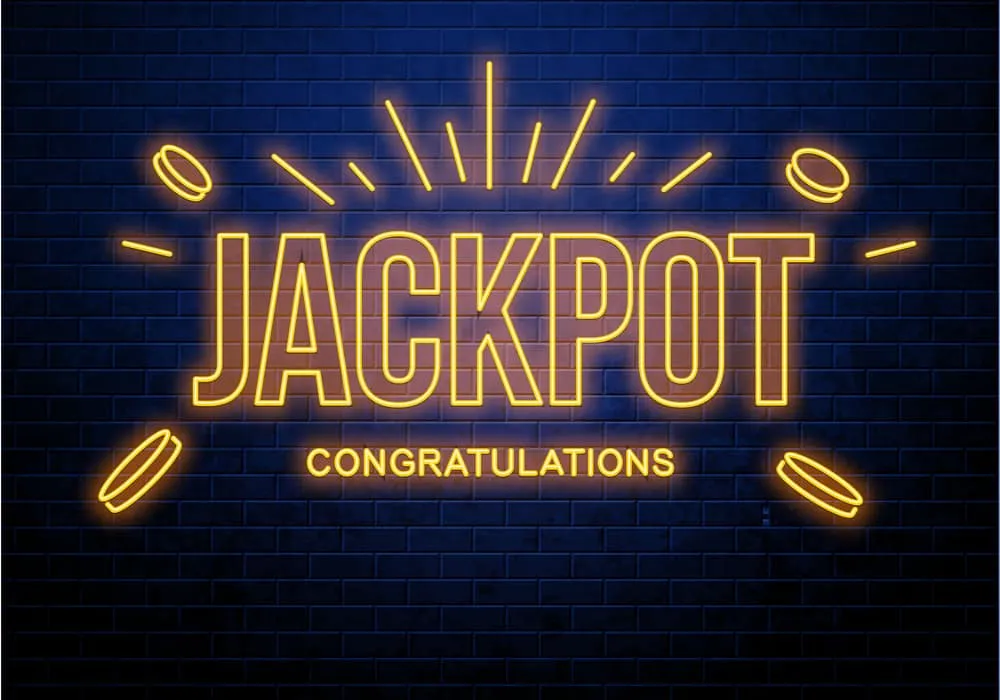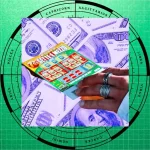Lotteries have been around for centuries and have always captured people’s imaginations with the promise of instant wealth. Every time a large jackpot is announced, people line up to buy tickets, hoping to be the lucky winner. With the rise of online lotteries, it has become even easier to join in on the craze and try your luck at winning big.
But what are the actual chances of winning the lottery? Is it all just pure luck or are there strategies and tips that can increase your odds? In this article, we will dissect the probability of winning the lottery and uncover some common misconceptions surrounding this popular game of chance.
Understanding the Basics of Lotteries
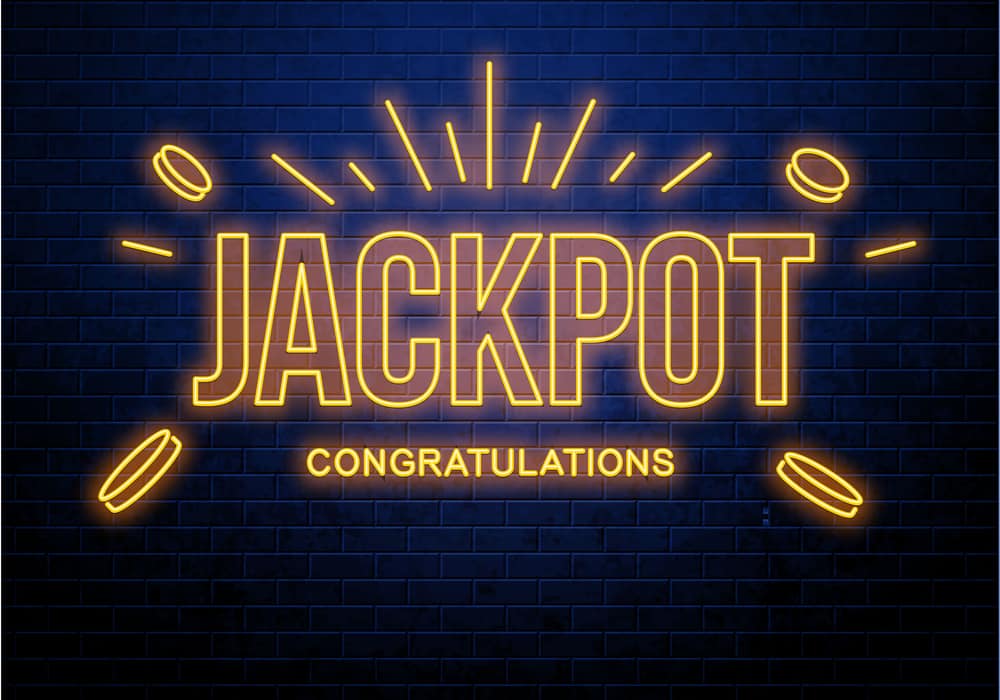
Before delving into the probability of winning, let’s first understand the basics of lotteries. A lottery is a game of chance where players purchase tickets with a combination of numbers. These numbers are then drawn at random, and if your ticket matches the winning numbers, you win a prize. The prizes vary depending on the lottery, but they usually include a large sum of money as the grand prize.
Lotteries come in many different forms, such as scratch cards, daily draws, and multi-state games. Some lotteries also have multiple tiers of prizes, where matching a certain number of numbers can still result in a smaller payout.
One thing to keep in mind is that all lotteries are heavily regulated and managed by government bodies to ensure fairness and transparency. This means that the probability of winning is the same for everyone who participates, and there is no way to manipulate the outcome.
Now, let’s dive into the probability of actually winning the lottery and explore some strategies that may increase your chances.
The Chances of Winning the Lottery: What Are Your Odds?
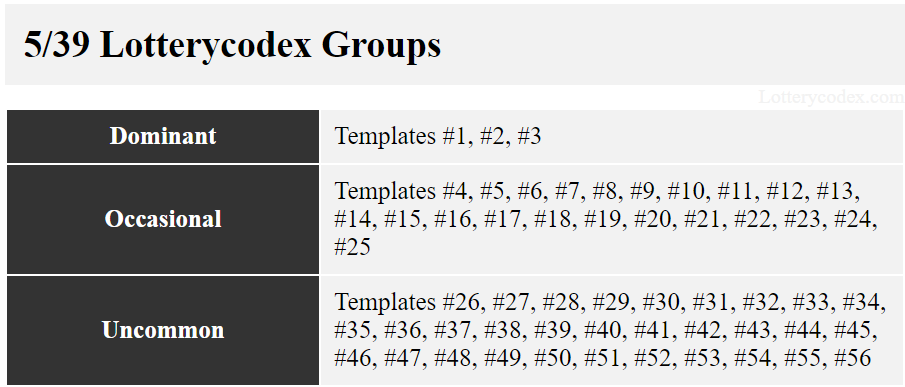
The chances of winning the lottery vary greatly depending on the type of lottery and the number of players. For example, a local daily draw may have better odds compared to a nationwide multi-state game.
To illustrate, let’s take a look at the popular Powerball lottery in the United States. In this game, players must choose five numbers from 1 to 69 and one Powerball number from 1 to 26. The odds of winning the grand prize, which is matching all six numbers, are 1 in 292,201,338. These odds remain the same regardless of how many people buy tickets or how often the jackpot is won.
But what about your chances of winning a smaller prize? According to the official Powerball website, the odds of winning any prize in the game are 1 in 24.87. This includes prizes for matching just the Powerball number or a combination of some of the main numbers. It’s important to note that these odds are not fixed and can vary slightly depending on the total number of tickets sold for each drawing.
Another popular lottery, the Mega Millions, has similar odds to the Powerball, with a 1 in 302,575,350 chance of winning the grand prize. However, the odds of winning any prize in this game are slightly better at 1 in 24.
From these examples, it’s clear that the probability of winning the lottery is very low. But does this mean you should give up on buying tickets? Not necessarily. Let’s explore some strategies that may increase your chances of winning.
Playing With a Group: Does It Increase Your Odds?
One common strategy that many people use to try and increase their chances of winning is to play with a group. This involves pooling money together with friends, family, or coworkers and buying multiple tickets as a group.
On the surface, this seems like a logical approach. By purchasing more tickets, the group has more chances of matching the winning numbers. However, there are some potential downsides to this strategy.
Firstly, if the group does win, the prize must be split between all members, resulting in a smaller payout for each individual. This may not matter much if the jackpot is in the millions, but it can be disappointing if the prize is relatively small.
Additionally, playing with a group can also lead to conflicts and disputes over how the winnings should be divided. It’s important to have clear rules and agreements in place before purchasing tickets as a group to avoid any misunderstandings.
Another thing to keep in mind is that playing with a group doesn’t actually increase your odds of winning. The probability of winning remains the same regardless of how many tickets are purchased. So while it may be fun to join a lottery pool with friends, it’s not a guaranteed way to improve your chances of winning.
Choosing Less Popular Numbers: Does It Matter?
Some people believe that their odds of winning will increase if they choose less popular numbers, as fewer people will have the same combination. However, this is a common misconception.
As mentioned earlier, lotteries are heavily regulated and managed by government bodies, so the outcome is completely random and cannot be influenced by the popularity of certain numbers. In fact, the most frequently drawn numbers in lotteries are often the same, proving that there is no pattern or bias towards certain combinations.
So whether you choose your own numbers or opt for a quick pick, the chances of winning remain the same. Don’t waste your time trying to come up with a “lucky” combination – just enjoy the game and the excitement of waiting for the draw.
Playing Consistently: Is It More Likely to Pay Off?
Another common belief is that playing consistently increases your chances of eventually winning the lottery. This logic follows the idea that the more you play, the higher your chances of getting lucky and matching the winning numbers.
However, this is not necessarily true. Each lottery drawing is a random event, and the outcome of one draw does not affect the next. So even if you have been playing for years, your chances of winning remain the same as someone who has just started playing.
That being said, consistently playing can increase your chances of winning in the long run, as you will have more opportunities to potentially match the winning numbers. But it’s important to remember that each draw is an independent event, and past results do not impact future outcomes.
The Psychology Behind Playing the Lottery
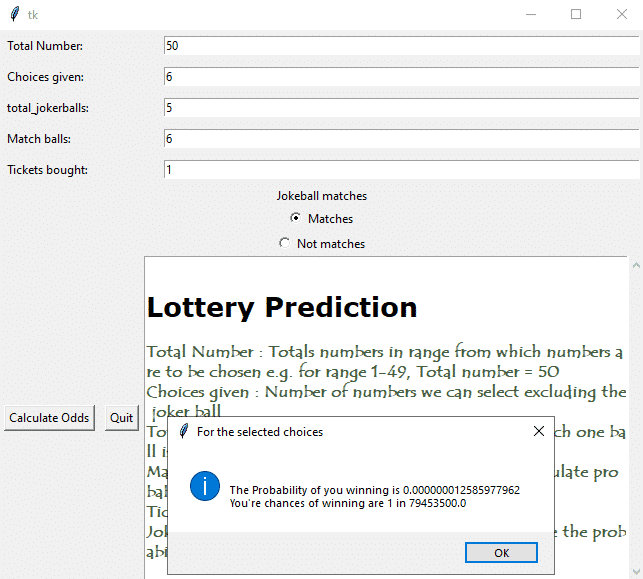
Now that we’ve explored some strategies and misconceptions surrounding the probability of winning the lottery, let’s take a look at the psychology behind why people play in the first place.
The Dream of Instant Wealth
The main reason people play the lottery is, of course, the hope of winning a life-changing amount of money. The thought of suddenly becoming a millionaire overnight is enticing and alluring. This dream of instant wealth is what keeps people coming back to buy tickets, despite knowing the low odds of winning.
For many, the appeal of the lottery lies in the possibility of escaping financial struggles or achieving their dreams and goals without having to work hard for it. It’s a fantasy that is hard to resist, especially in times of economic uncertainty.
Availability Heuristic: Overestimating Our Chances of Winning
Another psychological factor at play when it comes to playing the lottery is the availability heuristic. This is a cognitive bias that makes us overestimate the likelihood of events based on how easily we can recall similar instances.
In the case of the lottery, we are bombarded with news stories of lucky winners and their enormous payouts. These stories stick in our minds and make us believe that winning the lottery is more common than it actually is. We may also know of someone who has won a small prize, further reinforcing the idea that winning the lottery is not that far-fetched.
The Gamblers’ Fallacy: Looking for Patterns in Random Events
The gamblers’ fallacy is another common cognitive bias that often comes into play when it comes to playing the lottery. This is the belief that if an event has occurred more frequently in the past, it’s less likely to happen in the future.
In the context of the lottery, this may manifest in people trying to predict the winning numbers based on previous draws or looking for patterns and trends. However, as we’ve already established, each lottery draw is a random event, and the outcome is not influenced by past results. This is why playing with “lucky” numbers or using past winning combinations does not increase your chances of winning.
Conclusion: Should You Play the Lottery?

After exploring the probability of winning the lottery and uncovering some common misconceptions, the question remains – should you play the lottery?
The answer ultimately depends on your personal beliefs and preferences. If you enjoy playing and have the extra money to spend, then there is no harm in buying a ticket and testing your luck. Just remember to play responsibly and within your means.
But if you’re simply chasing the dream of instant wealth and believe that playing consistently will eventually pay off, you may want to reconsider. As we’ve learned, the probability of winning the lottery is extremely low, and there are no guaranteed strategies or techniques that can increase your chances. It’s important to approach the lottery as a form of entertainment and not rely on it as a source of income.
In the end, the lottery is a game of chance, and while the odds may be slim, someone has to win eventually. Who knows, maybe one day it could be you. But until then, don’t count on it and enjoy the thrill of participating in a worldwide phenomenon.

